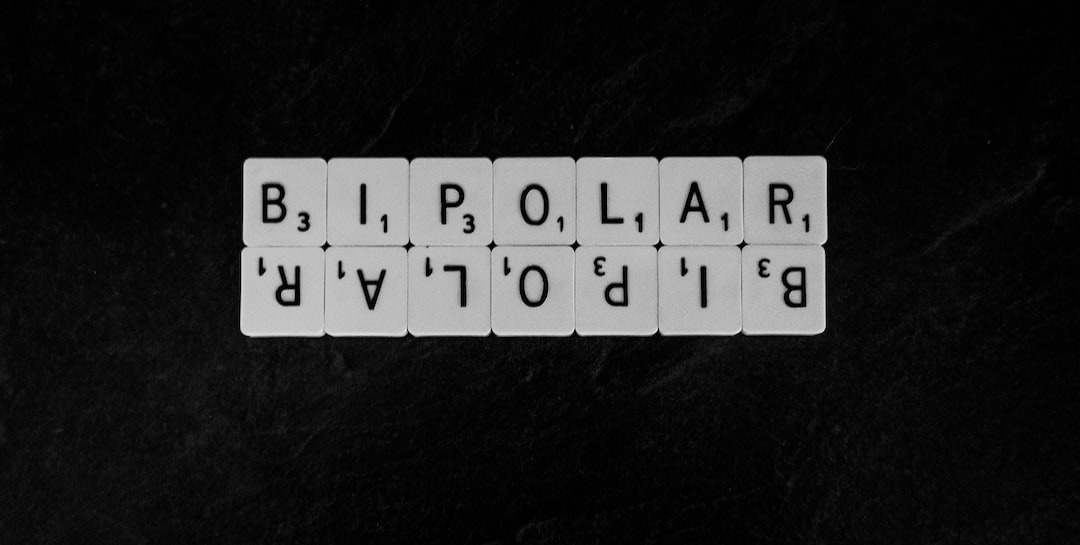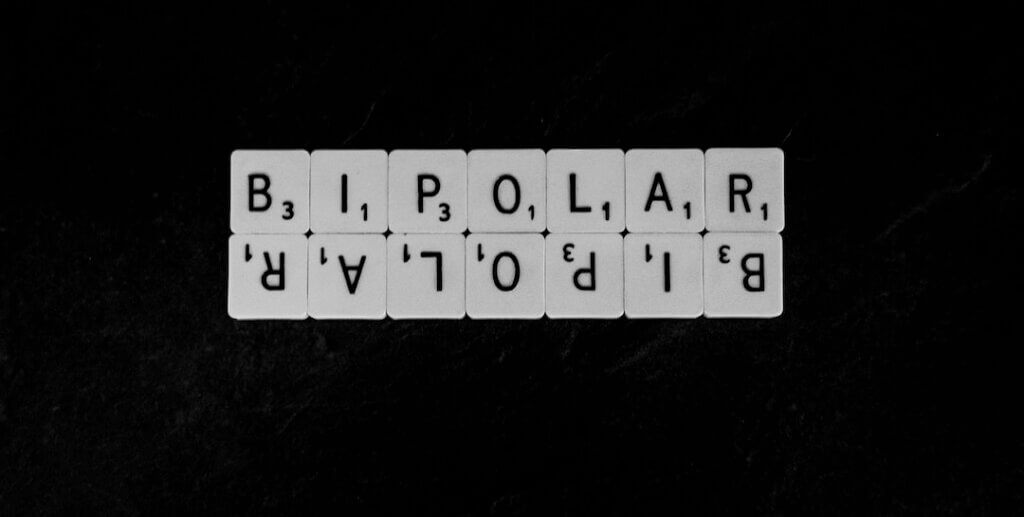
Teenagers experience many mood and behavioral changes. Sometimes, parental figures have difficulty recognizing the signs of mental health disorders, including clinical depression. According to MedlinePlus, “Depression can happen at any age, but often begins in the teens or early adulthood.” Depression is a risk factor for and common symptoms of substance use disorder (SUD). The Redpoint Center offers personalized treatment programs for teenagers struggling with SUD and clinical depression.
What Is Clinical Depression?
Clinical depression, also called major depressive disorder (MDD), is a mood disorder characterized by feelings of helplessness, anxiety, and loss of interest in everyday activities. According to the National Institute of Mental Health (NIMH), clinical depression “can cause severe symptoms that affect how you feel, think, and handle daily activities, such as sleeping, eating, or working.”
The most common symptoms of MDD include:
- Reduced interest in previously enjoyed activities
- Social withdrawal
- Unusual irritation
- Sadness
- Frequent crying
- Mood swings
- Low self-worth, self-confidence, and self-esteem
- Exhaustion
- Lack of focus
- Low energy levels
- Anxiety
Depression affects everyone differently. Some people may have multiple signs of depression, while others appear outwardly happy despite internally experiencing severe mental health symptoms. According to CMAJ, “Although more than 40% of people with depression experience onset before adulthood, depression remains [often] undetected.” Untreated depression increases the risk of self-harming, suicidal, and risk-taking behaviors in teens and young adults.
Risk Factors for Depression in Young Adults
The risk factors for teenage depression include:
- Genetics
- Family history of mental health or substance use disorders
- Substance abuse
- Sexual, physical, or verbal abuse
- Neglect
- Adverse childhood experiences(ACEs)
- Bullying and peer harassment
- Grief or loss
- An unsafe or stressful living environment
- Lack of social support
- Inconsistent parenting styles
Teenagers are vulnerable to depression and other mental health disorders if they have an unstable home life. Consistency, a nurturing environment, and positive social support are essential to teen mental health.
How Does Clinical Depression Manifest in Teens?
Depression and other mood disorders may manifest differently for some teens. Adolescents and young adults often express anxiety and other symptoms of MDD through aggression, acting out against parental figures, and combative behavior with peers. Instead of feeling sad, teens may have sudden angry outbursts or experience attachment issues. Depression also affects focus and motivation. Many teenagers with untreated clinical depression struggle academically and socially.
When to Get Help
Parental figures and guardians of teens with depression may not know when to get help for their child. The symptoms of depression are often cumulative. Early intervention and treatment reduce the risk of teens experiencing severe symptoms or mental health disorders later in life.
Regular mental health checkups for teens ensure issues like depression are detected and treated quickly. According to Health.gov, “If your child is between ages 12 and 18 years, ask the doctor about screening (testing) for depression — even if you don’t see signs of a problem.” A mental health screening consists of a few easy-to-answer questions and generally takes about five minutes.
Treatment Options for Clinical Depression
The treatment for depressive disorders is the same for any age. Prescription medications and psychotherapy often have the most successful outcomes. Teens may also benefit from group therapy and other forms of peer support. Treatment programs address mental health issues and their underlying causes to ensure teens do not return to maladaptive coping mechanisms, including substance abuse, after completing treatment and returning home.
How Can The Redpoint Center Help Teens With Depression?
The experts at The Redpoint Center are experienced in treating teens. Clinicians understand how best to reach teens experiencing mental health or substance abuse issues. The care team takes the time to build a strong foundation of trust with each client. Clinicians ensure clients develop essential coping skills for managing symptoms. Families are also educated about the realities of depression and other mental health issues and guided through the process of ensuring teens have a safe and comfortable home environment to return to after treatment.
Some of the treatment modalities and services offered at The Redpoint Center include:
- Case management
- Aftercare planning
- Psychotherapy
- Experiential therapy
- Behavior modification
- Family therapy
- Group therapy and support groups
- Trauma-informed care
- Alumni services
The Redpoint Center offers partial hospitalization (PHP) and other outpatient programs for teens and young adults experiencing depression, substance abuse, and dual diagnosis.
Family Engagement in Treatment
Individual and family therapy strengthens family connections and creates healthier dynamics. According to Psychiatry, “A psychiatrist or therapist doing family therapy utilizes the connection that exists between child and family with the goal of improving the overall functioning of the family.” The clinicians at The Redpoint Center understand that “when a family functions better, the child functions better.”
The Redpoint Center encourages families to actively participate in their teen’s treatment and educate themselves on depression or other mental health issues affecting their child. The clinical team provides guidance, reassurance, and resources.
Parents and guardians may worry if their child begins to struggle with mental health issues. Often, disorders, including major depression, present differently in teens and young adults. Instead of feeling sad or helpless, teens may feel angry and begin exhibiting aggressive behaviors. Parental figures benefit from educating themselves on what signs to look for if they believe their child may have a mental health issue. The Redpoint Center provides interventions, education, and guidance to families with teens experiencing mental health issues. Our clinical team ensures family members know how best to support their loved one during treatment. To learn more about our programs and services, call our office today at (303) 710-8496.






 19The influential 20th-century psychiatrist Viktor Frankl once said, “The more one forgets himself – by giving himself to a cause to serve or another person to love – the more human he is.” This is the action we take when we choose to help a loved one that is struggling with issues of mental health and/or addiction. Most people will go to any length to help a loved one that is struggling. So it is important that that effort is matched by an exceptional recovery center and treatment program. Regarding Aspen Valley mental health, The Redpoint Center is a leader in recovery and shares that willingness to go the distance.
19The influential 20th-century psychiatrist Viktor Frankl once said, “The more one forgets himself – by giving himself to a cause to serve or another person to love – the more human he is.” This is the action we take when we choose to help a loved one that is struggling with issues of mental health and/or addiction. Most people will go to any length to help a loved one that is struggling. So it is important that that effort is matched by an exceptional recovery center and treatment program. Regarding Aspen Valley mental health, The Redpoint Center is a leader in recovery and shares that willingness to go the distance.

 15Mental health
15Mental health


